Validity of Sub-Classification Within Reserved Categories
State of Punjab v Davinder Singh
Citation: 2024 INSC 562
The Supreme Court held that sub-classification of the SC and ST categories is permissible and states have the power to create these sub-classifications
Decided

D.Y. Chandrachud CJI
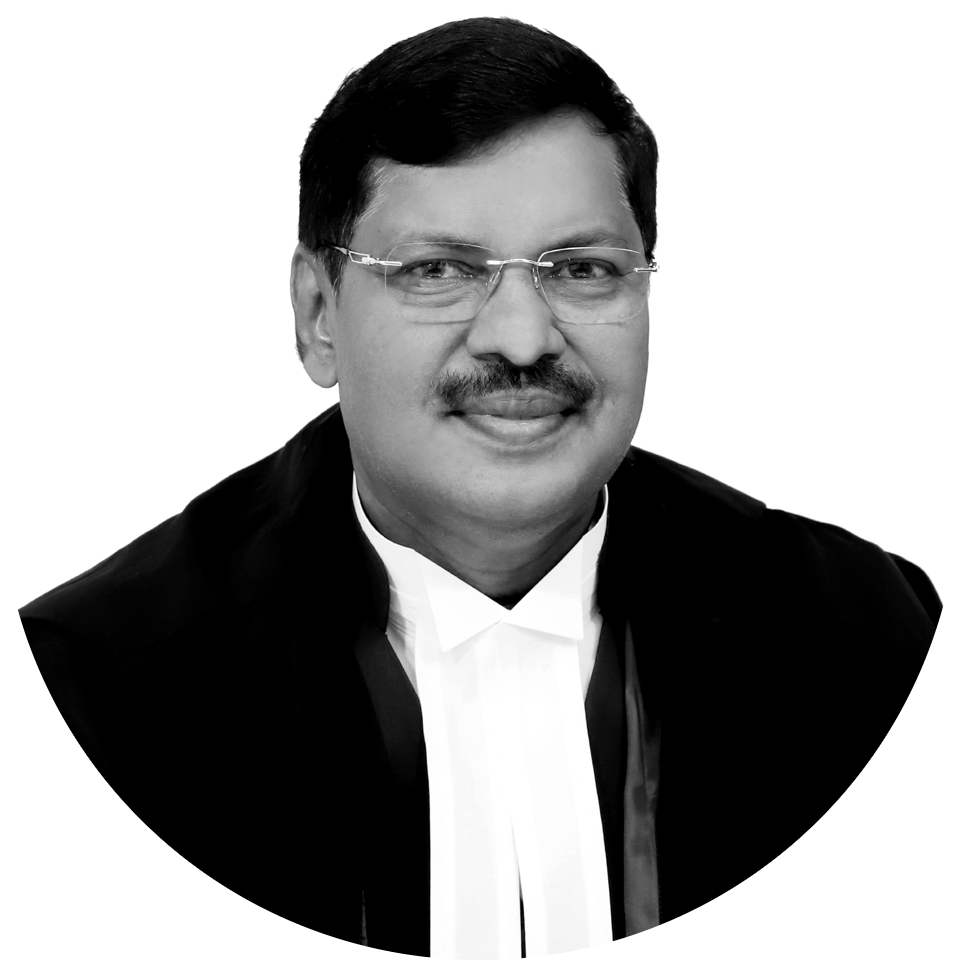
B.R. Gavai J
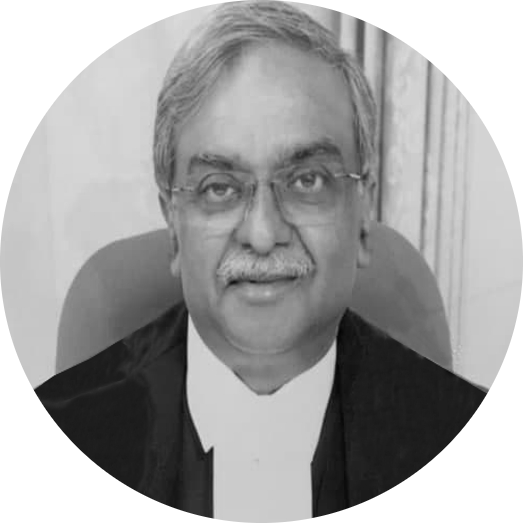
Vikram Nath J
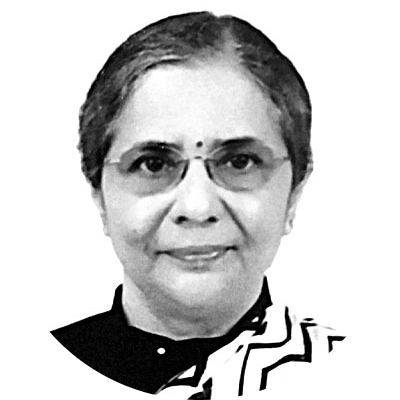
B.M. Trivedi J
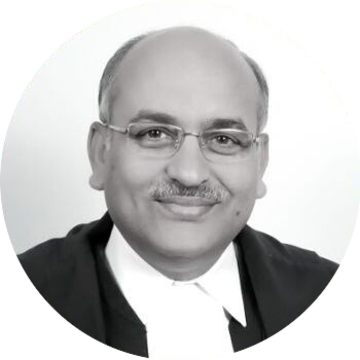
Pankaj Mithal J
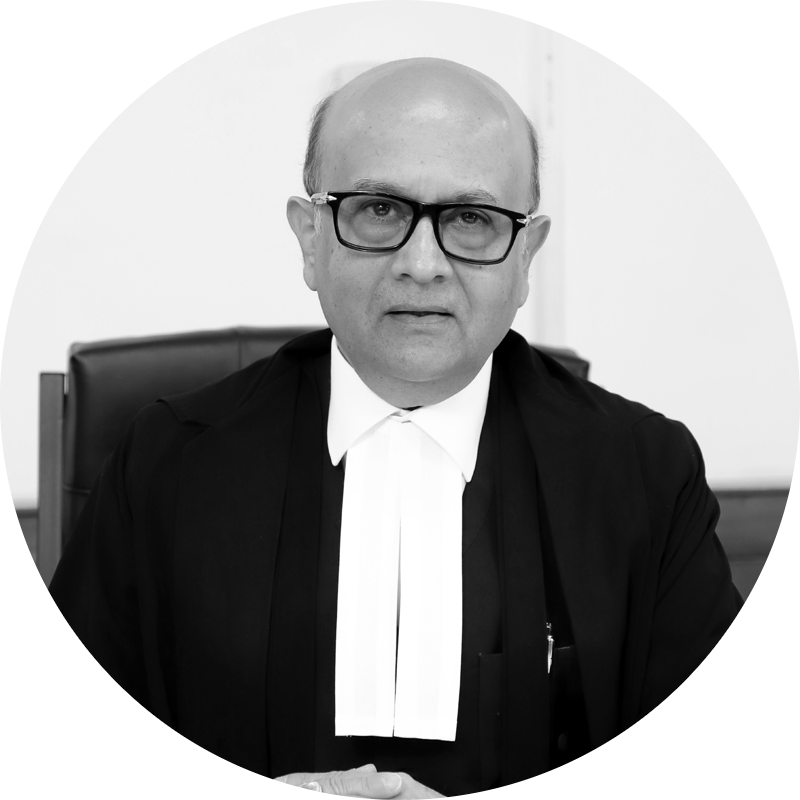
Manoj Misra J

S.C. Sharma J
Parties
Appellants: State of Punjab, Director of Public Instructions, Gurbachan Singh
Lawyers: Gurminder Singh (AG of Punjab), Shadan Farasat (AAG), Ajay Pal (AOR)
Respondent: Davinder Singh, Chamar Mahansabha, Lachman Singh
Lawyers: R. Venkataramani (AG), Tushar Mehta (SG), Naresh Bakhsi (AOR), Vipin Kumar (AOR), Tushar Bakshi (AOR)
Impleader: Union of India (Department of Social Justice)
Lawyers: Amrish Kumar, K. Paari Vendhan, Ronak Karanpuria, V.K. Biju, Krishan Kumar, S. Gowthaman
Case Details
Case Number: CA 2317/2011
Next Hearing: February 6, 2024
Last Updated: August 1, 2024
Key Issues
Can states sub-classify Scheduled Castes (SC) to ensure greater reservations of some SC groups over others?
Is the exclusion of sub-classification within the Scheduled Caste and Scheduled Tribe categories invalid when the same is permitted for the Socially and Educationally Backward categories?
Was the SC’s 5-Judge Bench in E.V. Chinnaiah v State of Andhra Pradesh incorrect?
Case Description
In 1975, the government of Punjab issued a notification dividing its existing 25% reservation for Scheduled Castes (SC) into two categories. Half of these seats reserved for the SC category were to be offered to Balmikis (Valmikis) and Mazhabi Sikhs. The other half of the reserved seats was for the remaining groups within the SC category. This notification continued to remain in effect for 31 years, until the SC’s five-judge bench decision in E.V. Chinnaiah v State of Andhra Pradesh (2004) set aside a similar law in Andhra Pradesh. Since the SC’s Chinnaiah decision ruled that sub-classification within the SC category was not permitted, the Punjab and Haryana HC struck down the Punjab notification on 25 July 2006.
The SC’s decision in E.V. Chinnaiah can be divided into two key parts. First, that state governments cannot categorise any group of people as Scheduled Castes. As per Article 341, this power solely belongs to the President. Second, that the Scheduled Caste category as a whole (as determined under Article 341) was one “homogenous” group. This meant that any sub-classification within a homogenous group would result in persons from the same class being treated differently—thereby violating the right to equality.
Following the Chinnaiah decision, the Punjab government passed the Punjab Scheduled Caste and Backward Classes (Reservation in Services) Act, 2006 (the Act). Section 4(5) of the Act reintroduced “first preference” reservation for the Balmikis and Mazhabi Sikhs—half of the total seats reserved for the SC category would be offered first to these two communities before all other SC groups. On 29 March 2010, the Punjab and Haryana HC struck down this provision of the Act based on the SC’s decision in Chinnaiah, leading to a subsequent appeal to the Supreme Court.
The Punjab government argued that E.V. Chinnaiah was not in accordance with the SC’s nine-judge bench decision in Indra Sawhney v Union of India (1992). In Indra Sawhney, the SC recognised that some classes within the Other Backward Classes (OBC) category may be more or less backward than others. Accordingly, states were permitted under law to make sub-classifications within the OBC category to address such differences. The Punjab government contended that E.V. Chinnaiah wrongly understood this to mean that only the OBC category could be sub-classified and not the SC category.
On 20 August 2014, the three-judge bench hearing the appeal referred the matter to a five-judge Constitution Bench to assess the correctness of E.V. Chinnaiah.
On 15 July 2020, a five-judge bench led by Justice Arun Mishra and comprising Justices Indira Banerjee, Vineet Saran, M.R. Shah, and Aniruddha Bose began hearing the matter. The appellants (Punjab government) pointed out that preferential treatment was a facet of the right to equality. Sub-classification, as introduced by the Punjab government, was permitted by Article 16(4) and furthered the cause of adequate representation. Moreover, the SC’s 2018 decision in Jarnail Singh v Lacchmi Narain Gupta permitted sub-classification within the SC category by recognising the ‘creamy layer’ concept.
The five-judge Bench noted that sub-classification was permitted for Socially and Educationally Backward Classes (SEBCs) under Article 342A (introduced in 2018), which empowers the President to prepare a list of SEBCs. It stated that the constitutional provisions for recognising Scheduled Castes (Article 341), Scheduled Tribes (Article 342), and SEBCs (Article 342A) were ‘pari materia’ (meaning ‘on the same matter’) and must therefore be interpreted similarly. Since sub-classification was permitted within the SEBC category (per Indra Sawhney), it cannot be disallowed for the Scheduled Caste and Scheduled Tribes categories.
Further, the SC noted that as the State was competent to grant reservation for the SC and ST category under Articles 15 and 16, it must also be permitted to introduce sub-classification to give effect to the spirit of the right to equality. Since the appeal against E.V. Chinnaiah involved the interpretation of Articles 14, 15, 16, 338, 341, 342, and 342A, it was a matter of immense public importance and therefore necessary to ensure that Indra Sawhney and other precedents of the SC were correctly followed.
Accordingly, the five-judge bench noted that it was not competent to revisit E.V. Chinnaiah which was also heard by a five-judge bench. It referred the matter to a seven-judge bench on 28 August 2020.
On 12 October 2023, the SC listed the appeal for hearings by a 7-judge bench from 17 January 2024. The case is expected to answer two primary questions:
- Can sub-classification be permitted for the SC and ST categories since the same is permitted for the SEBC category?
- Are state legislatures competent to introduce sub-classification within the SC and ST categories?
On 1 February 2024, the Supreme Court rescheduled the hearing to 6 February 2024. After three days of hearings, the seven-judge bench led by Chief Justice D.Y. Chandrachud reserved judgement in the case.
On 1 August 2024, the top court upheld the validity of sub-classification with the Scheduled Caste and Scheduled Tribe Categories in a 6:1 majority.
